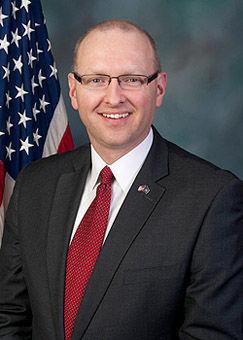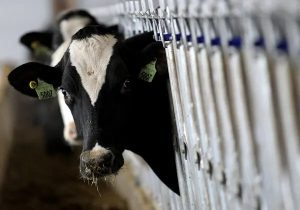
House Bill 915 was introduced in response to the Wolf administration issuing a disaster emergency declaration this winter in which commercial vehicles were banned three times from some portions or all of the state’s interstate highways in anticipation of snow or ice accumulations.
“While I understand the public safety concerns that may prompt officials to impose a travel ban on commercial vehicles, it causes a major problem for our dairy farmers,” Causer said. “Cows simply don’t have an ‘off switch,’ nor can their milking schedules be changed to comply with weather and travel conditions.
“Without any way to get their milk picked up and delivered to market, farmers may have no choice but to dump it, and that is the last thing our struggling dairy producers need,” he added.
The bill was the subject of an informational meeting last week in which committee members heard from dairy farmers, state transportation and emergency officials, and milk haulers about the impact of this past winter’s travel bans on their operations.
At the meeting, both the dairy farmers and milk haulers who spoke pointed to their experience with driving off-road and in other difficult conditions. One of the milk haulers also suggested safety risks increase substantially when heavy milk tanker trucks are diverted off the state’s interstate highways and on to local roads that aren’t as well maintained.
State officials pointed to past storms that have left motorists stranded for hours on end as one reason for the commercial vehicle travel bans but also acknowledged the impact such bans can have on commercial traffic.
“It is important to recognize that travel bans are more than just an inconvenience for milk haulers and dairy farmers,” Causer said. “Milk is a unique commodity because cows keep giving it whether the farmers have room for it in their bulk tanks or not. Our farmers need to be able to move their milk no matter what.”
House Bill 915 was amended in committee to require haulers who wish to be exempt during travel bans to obtain a decal issued by the Pennsylvania Milk Marketing Board.
The bill passed in a bipartisan vote of 18-6. It now goes to the full House for consideration.























